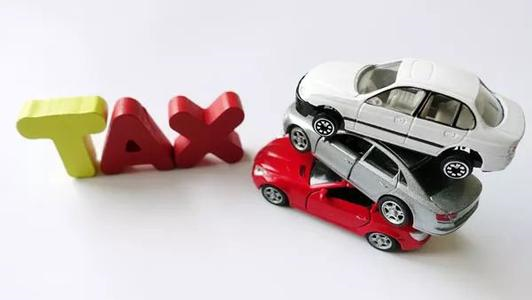BEIJING, May 23 (Xinhua) -- German automakers is more likely to be the primary beneficiaries as China reduces the tariffs on imported vehicles, German media quoted an analyst as reporting.
China has decided to lower the import tariffs on vehicles and auto parts from July 1, cutting the import duty on 139 vehicles from the current duties of 20 and 25 percent to 15 percent, lowering the import tariffs on 79 auto parts from the from the current levels of 8-25 percent to 6 percent.
This will bring German automakers a profit increase of up to 4.5 billion Euros, American Investment Bank Evercore analyst Arndt Ellinghorst forecasts.
Data shows Germany-based BMW and Daimler export about 115,000 vehicles to China from the U.S. each year, while Fiat-Chrysler and Ford (both based in the U.S.) collectively export fewer than 30,000 vehicles to China.
BMW would gain the most among automakers if China implements tariff cuts, followed by Daimler, the analyst said.
German carmakers have been investing in the U.S. for more than a decade when the euro was strong. Mercedes and BMW set up factories in the U.S., in which they make larger and heavier models to cater to U.S. consumers. As China advances to become the world’s largest consumer market, it makes sense for automakers to export high-end cars to China, German Commercial Daily reported.
Data shows China imported over 1.2 million vehicles in 2017, accounting for only 4.6 percent of China’s market, in which Volkswagen sold 189,000 imported cars, including 50,300 Audi and 71,500 Porsche.
In the past years, BMW, Daimler and Audi have largely localized the production in China to avoid tariffs and take advantage of the lower production cost, and lower tariffs are expected to see sales of German luxury cars rise significantly, the media said. (Contributed by Zhao Danliang, Danliang67@xinhua.org, edited by Zhang Aifang, zhangaf@xinhua.org)




 A single purchase
A single purchase







